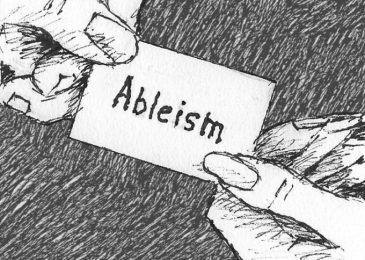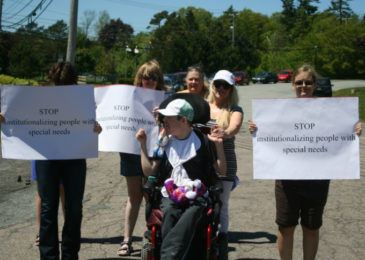Government abandoned earlier commitments to community living supports, new report charges
A new report by the Disability Rights Coalition shows that earlier commitments to do away with large institutions and provide supports for community-based living are being abandoned. It’s not too late to turn things around though.









